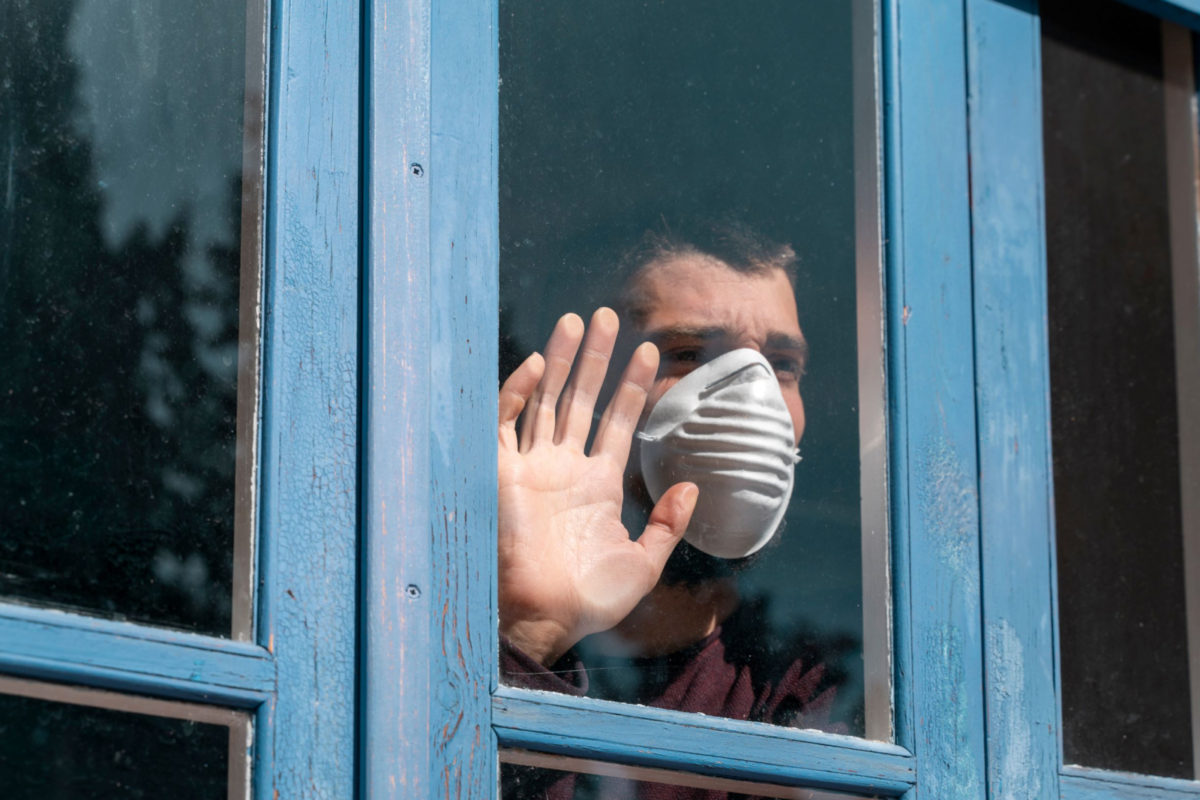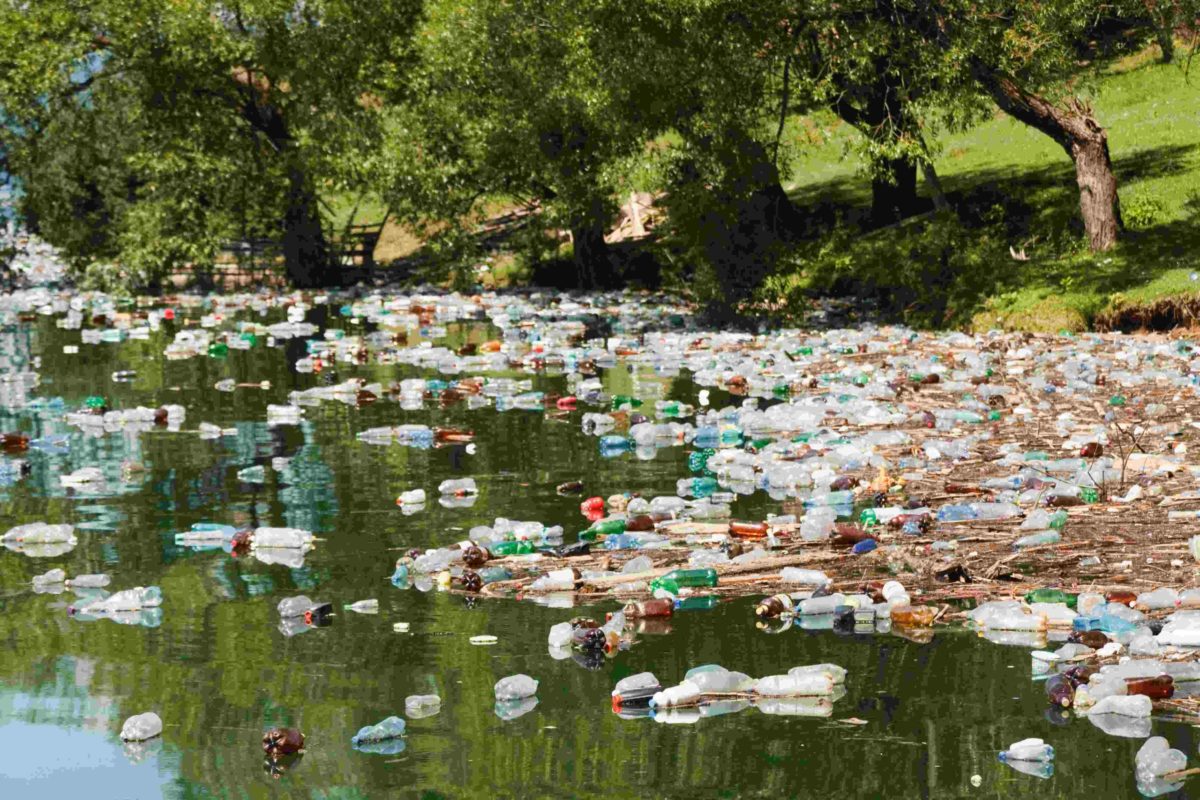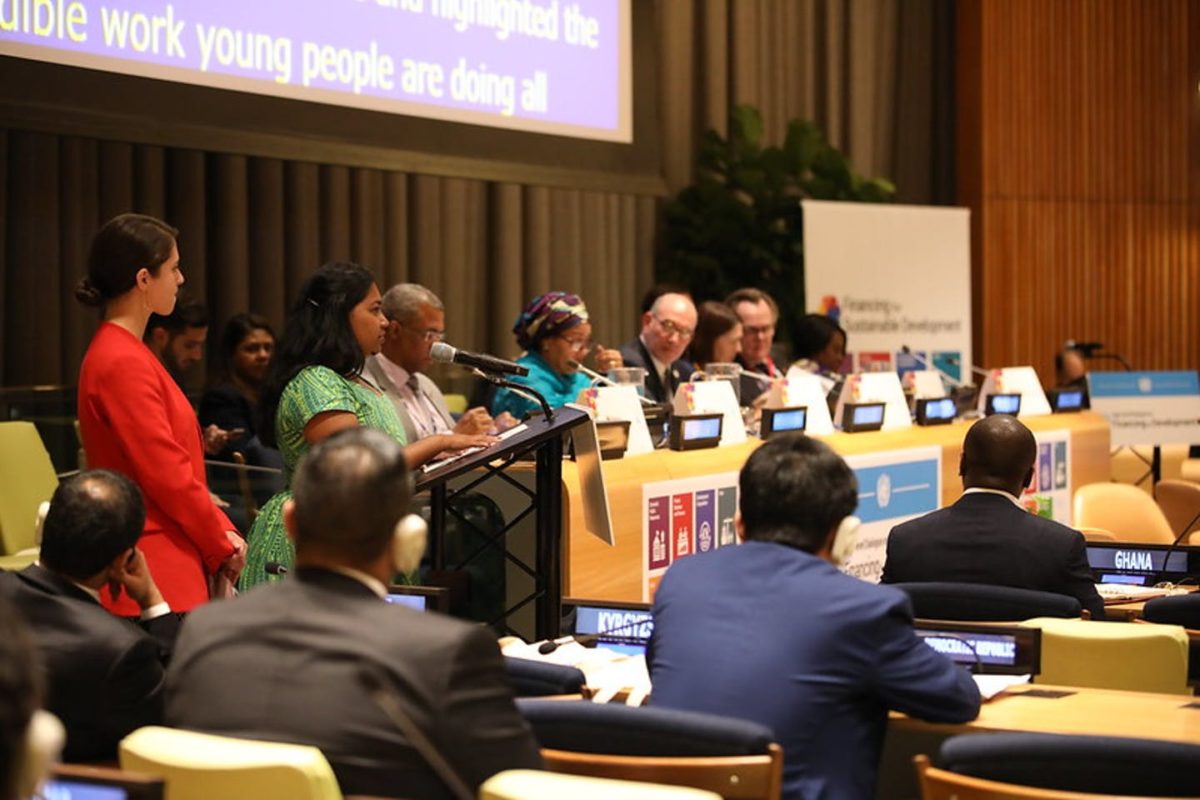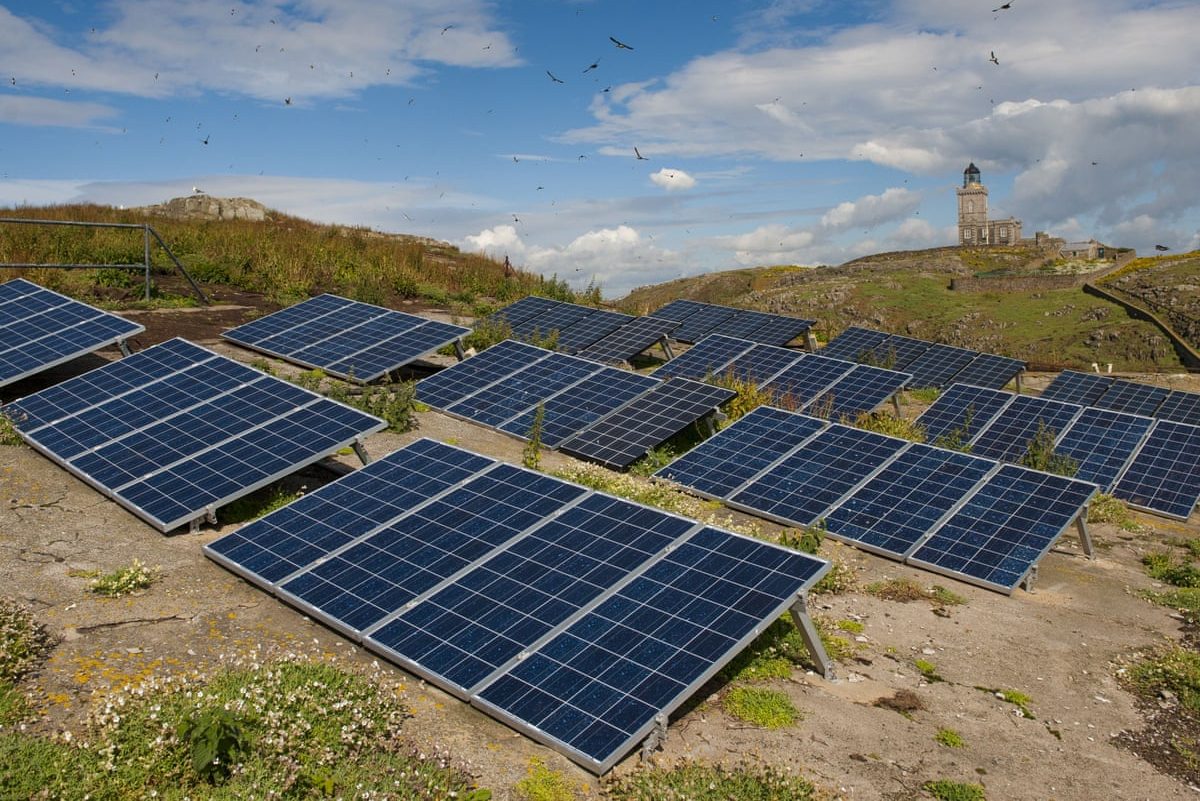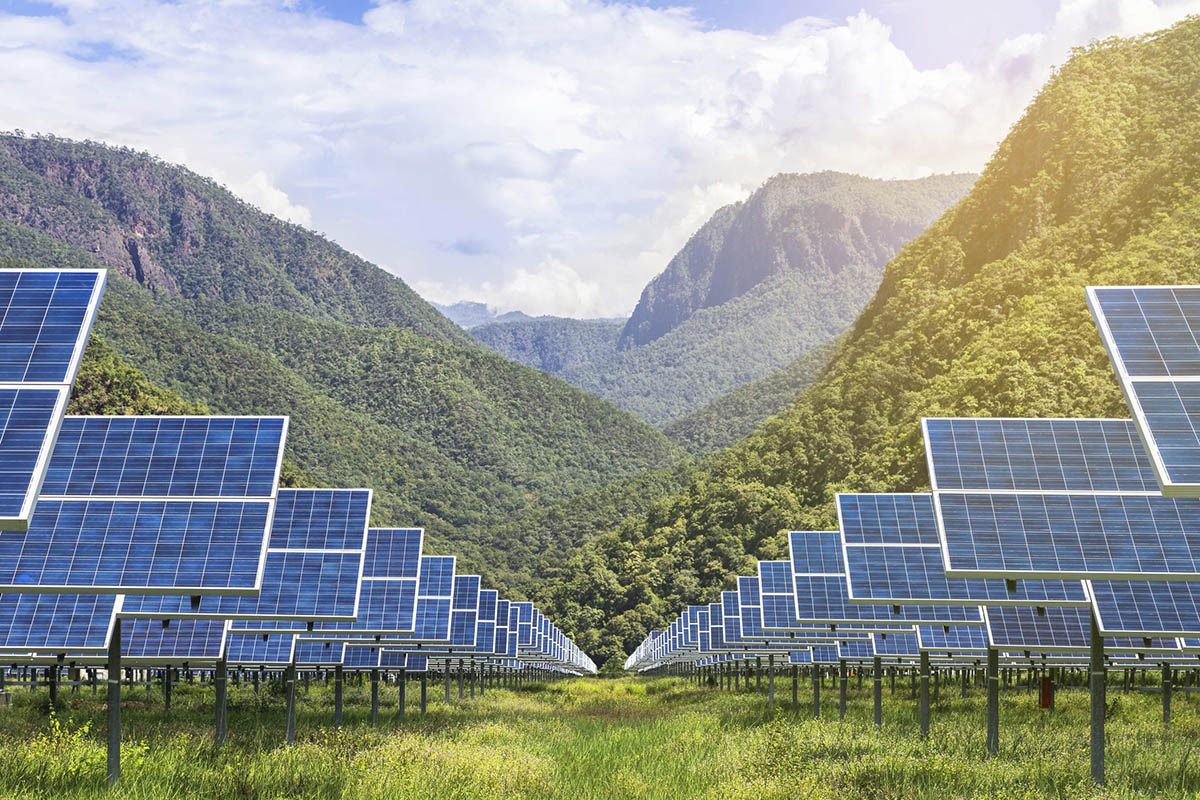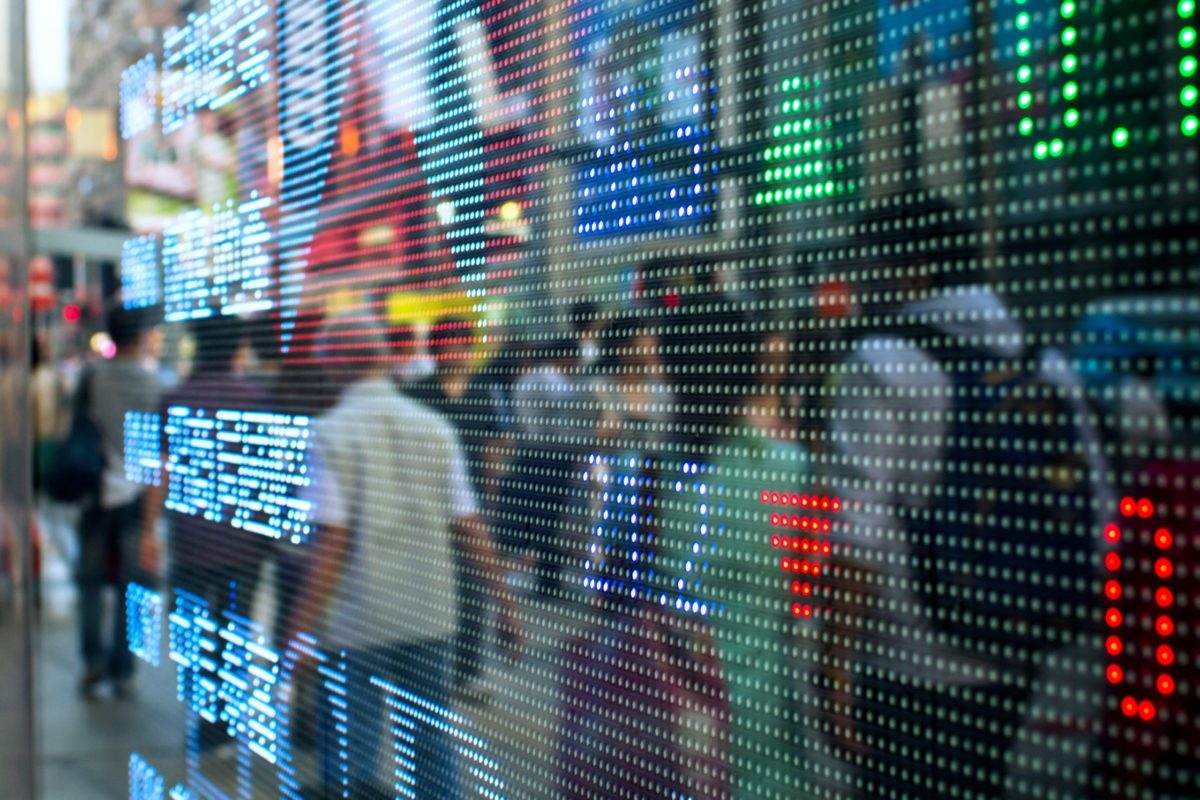
The post-COVID-19 era has left small businesses penniless, some closed, and some retrenched employees. The local economy has been massively displaced, and the pandemic has created unemployment to a great extent. Luckily for some who have lost their jobs have ventured into small scale business.
It takes the entire community to help regain the local business momentum. Economic and social growth come hand in hand; thus, promoting the local economy is not the sole responsibility of the government, but most importantly, it takes the help of ordinary citizens. Here are some examples of what we can do to achieve a sustainable local economy:
Rather than shop from malls, buy small scale stores.
Support individual businesses by buying from them. These can be any homemade products.
Start urban gardening to …

